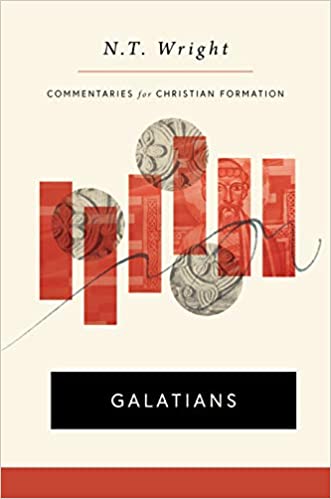Q. Gal. 3.28 has been called ‘the Magna Carta of Christian freedom’ by my old Harvard prof, Krister Stendahl and many others thereafter. While Paul is not saying any of these categories don’t matter any more (Jews for instance are still Jews, and females are still females), what he is saying is that these categories don’t determine status or standing or for that matter one’s salvation in Christ. You do mention that Paul is alluding to Genesis when he breaks the parallelism by saying ‘no male and female’ rather than a neither/nor contrast. I have wondered if this is not because perhaps some of the agitators were arguing: 1) that the Gentile men need to be circumcised, and 2) that this doesn’t leave the women as second-class citizens in the faith if they are joined to a male by marriage (ala Genesis), to which 3) Paul responds one doesn’t need to be married to be first class citizens in Christ. Indeed, singleness is in some ways to be preferred for men and women (e.g. 1 Cor. 7). Do you think there might be something to this? Why else would he be alluding to Gen. 1 in this phrase here…. but not in the parallels in
Corinthians or Colossians where there is no reference to ‘no male and female’ in Christ? What do you see as the real social cash value of Gal. 3.28? Is it a sort of Magna Carta of freedom?
A. Well, sort of. It looks to me as though he may be alluding to an early Christian saying and/or the Jewish prayer (for which there are pagan parallels as I point out in the commentary) which thanks God ‘for not making me a gentile, a slave or a woman’. Of course, like all texts, if taken out of context, even in order to wave it around as a ‘magna carta’, it can be misunderstood – as with those who take the ‘no male and female’ to indicate a kind of quasi-gnostic androgyny . . . (see H-D. Betz ).













